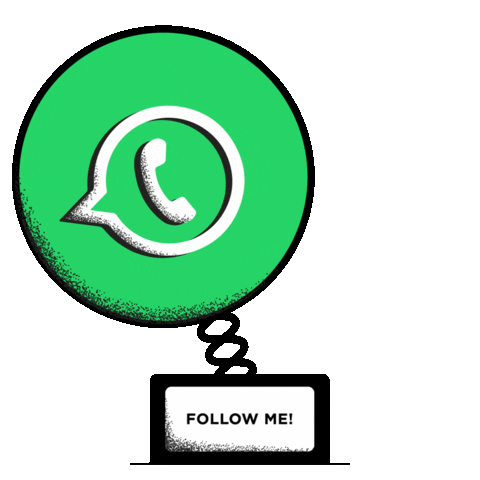
YouTube’s evolution from a massive collection of cat and baby videos to the world’s second-largest search engine has resulted in a wealth of opportunity for brands and creators.
From digital marketing campaigns to additional revenue streams, YouTube channels can offer their owners a wide range of benefits.
But one more recent development that isn’t as well-known yet is YouTube automation. Instead of using videos specifically as a marketing tool, the automation business model focuses on creating viral videos that generate passive income for the channel’s owner. Essentially, it’s a kind of outsourcing, where brands and personalities can hire someone else to handle developing video concepts, creating the videos, and optimizing, uploading, and distributing them.
As more businesses seek out additional revenue streams due to the pandemic, creating and distributing quality video content is becoming a more appealing and feasible option than perhaps ever before—especially when it can be outsourced.
One entrepreneur at the forefront of this strategy, Caleb Boxx, is bringing this model to brands and YouTube creators through his company YouTube Automation. A YouTube personality himself, Boxx has grown his channel to more than three million subscribers, with his videos receiving a total of more than 400 million views since 2016.
He began sharing his experiences with YouTube automation on Instagram and—naturally—through his own YouTube videos. When it became clear that there was a demand for the model Boxx had come up with, he founded YouTube Automation, which offers clients both a course on how to adopt the model, and full automation services.
I spoke with Boxx recently about why the model works and how it’s changing YouTube for creators.
Shama Hyder: Can you tell us what exactly the YouTube automation model entails?
Caleb Boxx: With YouTube Automation, people can outsource investment and commission video creation to various freelancers, who take on the creative challenges.
That means outsourcing all of the video work: getting narrators, script writers, editors, etc. This way, you set yourself up so that you yourself don’t have to be the main person doing the work or appearing on camera.
The idea is for the video content to go viral and generate passive income equivalent to hundreds of thousands of dollars in profit—that’s what I’ve achieved, and what we’ve helped lots of our clients achieve, as well.
Hyder: Why do you think so many people are interested in automating their video production right now?
Boxx: Generating passive income has become something of an obsession for the new, entrepreneurial generations of Millennials and Gen-Z. Our generations dream of amassing profits while they sleep by using smart strategies, instead of putting in countless hours of work weekly.
Hyder: How did you arrive at automation as the best way to increase your income? Had you tried other YouTube strategies previously?
Boxx: I’ve collaborated with some of the top names in the YouTube sphere, such as Mr. Beast and several other massively popular creators. They served as my teachers and mentors early on. I enjoyed learning what they had to teach me, and one day it seemed like all the puzzle pieces simply fit, and I realized that automation was the way to go. I haven’t looked back since that day. I’ve always seen myself as a “business YouTuber” versus a hobby artist.
Hyder: What are some of the most important aspects of video creation on YouTube, when it comes to getting your video to go viral?
Boxx: Two of the most important data points for YouTube’s algorithm are click-through rate (CTR)—this depends on how good your thumbnail and video topic and title are—and audience retention, so how many people are watching the majority of your video. I always recommend aiming for at least a 6% CTR and 40% audience retention, on average.
Hyder: How is YouTube changing, as a platform? What do creators need to know in order to get the best results?
Boxx: YouTube itself hasn’t actually changed much—the platform is surprisingly good at identifying and sticking to what works for creators. The thing that I see the most is that today’s creators need to learn to outsource the work they don’t need to do, like video editing. There’s no need to spend tons of time on that, when your talents could be better used elsewhere.
The post An interview with Caleb Boxx on the impact of automation on YouTube creators appeared first on Vanguard News.


















Advertise your business here at cheap rate and get large audience to your market. Call/Msg Teemikemedia: 07060733664 to get started.